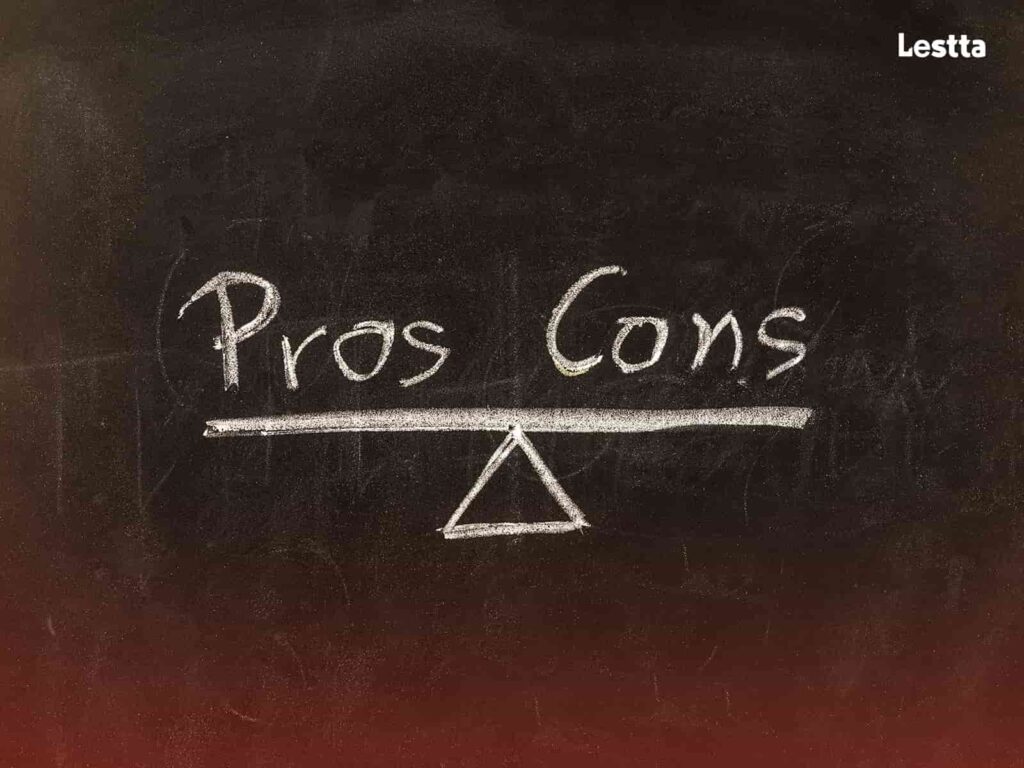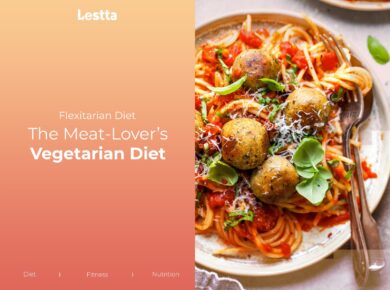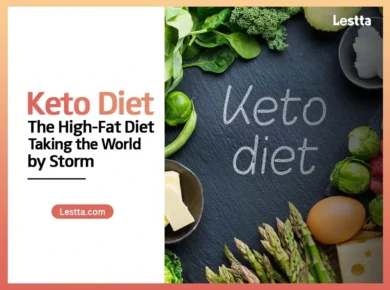In the quest for better health and improved well-being, many individuals turn to being popular as a means to achieve their goals. In this article, we will explore the pros and cons of them. shedding light on their potential impact on optimal nutrition.
Pros of Popular Diets

- Structured Approach: Popular diets often provide a structured framework for eating, making it easier for individuals to plan their meals and stick to a routine. This can be particularly beneficial for those seeking guidance on portion control and balanced eating.
- Weight Management: Many popular diets, such as the Mediterranean diet and the ketogenic diet, have shown promising results in aiding weight loss. These diets often focus on nutrient-dense foods that promote a feeling of fullness, reducing the likelihood of overeating.
- Specific Health Goals: Different diets cater to specific health goals. For instance, the DASH diet is renowned for its effectiveness in lowering blood pressure, while the vegan diet emphasizes plant-based eating for ethical, environmental, and health reasons.
Cons of Popular Diets

- Restrictive Nature: One of the major drawbacks of popular diets is their often restrictive nature. Some diets eliminate entire food groups, which can lead to nutrient deficiencies if not properly managed. For example, low-carb diets might lack essential fiber and vitamins found in whole grains and fruits.
- Long-Term Sustainability: Sustainability is a concern with many popular diets. Some diets are challenging to maintain over the long term due to their strict rules and limitations, leading to the potential for “yo-yo dieting” and weight fluctuations.
- Individual Variation: Nutritional needs vary from person to person. What works well for one individual may not be suitable for another. Popular diets might not account for individual preferences, allergies, or sensitivities.
A Balanced Perspective:

While popular diets have their merits and shortcomings, it’s crucial to approach them with a balanced perspective and consult with a healthcare professional before making any significant dietary changes. Here are a few considerations to keep in mind:
- Personalization: Optimal nutrition is not one-size-fits-all. Personalized approaches that consider an individual’s age, activity level, medical history, and preferences are more likely to yield positive results.
- Moderation: Instead of adhering strictly to a single diet, consider adopting principles from various diets that align with your goals. Emphasizing whole, unprocessed foods, and practicing portion control can be universally beneficial.
- Lifestyle Factors: A diet’s success is often intertwined with lifestyle factors such as exercise, sleep, and stress management. Combining a balanced diet with a healthy lifestyle is key to achieving optimal nutrition and overall well-being.
Conclusion
Popular diets can offer both advantages and disadvantages when it comes to achieving optimal nutrition. While they can provide structure, help with weight management, and target specific health goals, their restrictive nature, sustainability concerns, and lack of personalization are important factors to consider.
Always consult with a healthcare provider or registered dietitian before embarking on any major dietary changes to ensure that your nutritional requirements are met while pursuing your health objectives.









